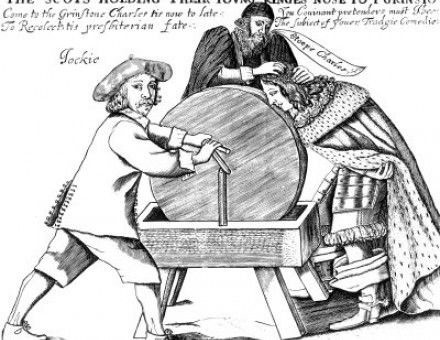Volume 60 Issue 9 September 2010
The fortunes of Oliver Cromwell and Charles II and the regard in which their successive regimes came to be held were mirrored in the fate of one of their mightiest naval vessels, as Patrick Little explains.
At a time of widespread concern about the patriotism of 'economic migrants' and political refugees, Peter Barber tells the story of one 19th-century immigrant whose affection for Britain grew as political crisis severed his attachment to home.
Martin Greig reveals the intimate relationship between the powerful Earl of Lauderdale, Charles II's Secretary for Scotland in the 1660s, and a Scottish spinster who became the earl's 'Presbyterian conscience' during a tumultuous period for kirk and crown.
As the daily life of Berlin's Jews became even more difficult under the Nazi regime, rumour and hearsay grew about the fate of those 'evacuated' to the east. How much did ordinary Berliners know about the fate of their neighbours?
In early 1907 the peasants of Romania rose up against feudal laws, wealthy landowners and the agents who kept them living in penury and servitude. Markus Bauer discusses the legacy of an 'unbelievable bloodbath'.
Following an invitation to help advise the government on the school history curriculum, what can a high-profile ‘telly don’ like Niall Ferguson bring to the classroom? Seán Lang wonders.
Sarah Gristwood on the complex issues raised by the restoration of a remarkable Tudor vision of victory over the Spanish Armada.





